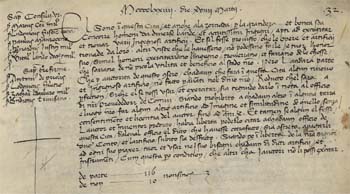A patent is a type of intellectual property that gives its owner the legal right to exclude others from making, using, or selling an invention for a limited period of time in exchange for publishing an enabling disclosure of the invention. In most countries, patent rights fall under private law and the patent holder must sue someone infringing the patent in order to enforce their rights.
The procedure for granting patents, requirements placed on the patentee, and the extent of the exclusive rights vary widely between countries according to national laws and international agreements. Typically, however, a patent application must include one or more claims that define the scope of protection that is being sought. A patent may include many claims, each of which defines a specific property right.
Under the World Trade Organization's (WTO) TRIPS Agreement, patents should be available in WTO member states for any invention, in all fields of technology, provided they are new, involve an inventive step, and are capable of industrial application. Nevertheless, there are variations on what is patentable subject matter from country to country, also among WTO member states. TRIPS also provides that the term of protection available should be a minimum of twenty years. Some countries have other patent-like forms of intellectual property, such as utility models, which have a shorter monopoly period.
